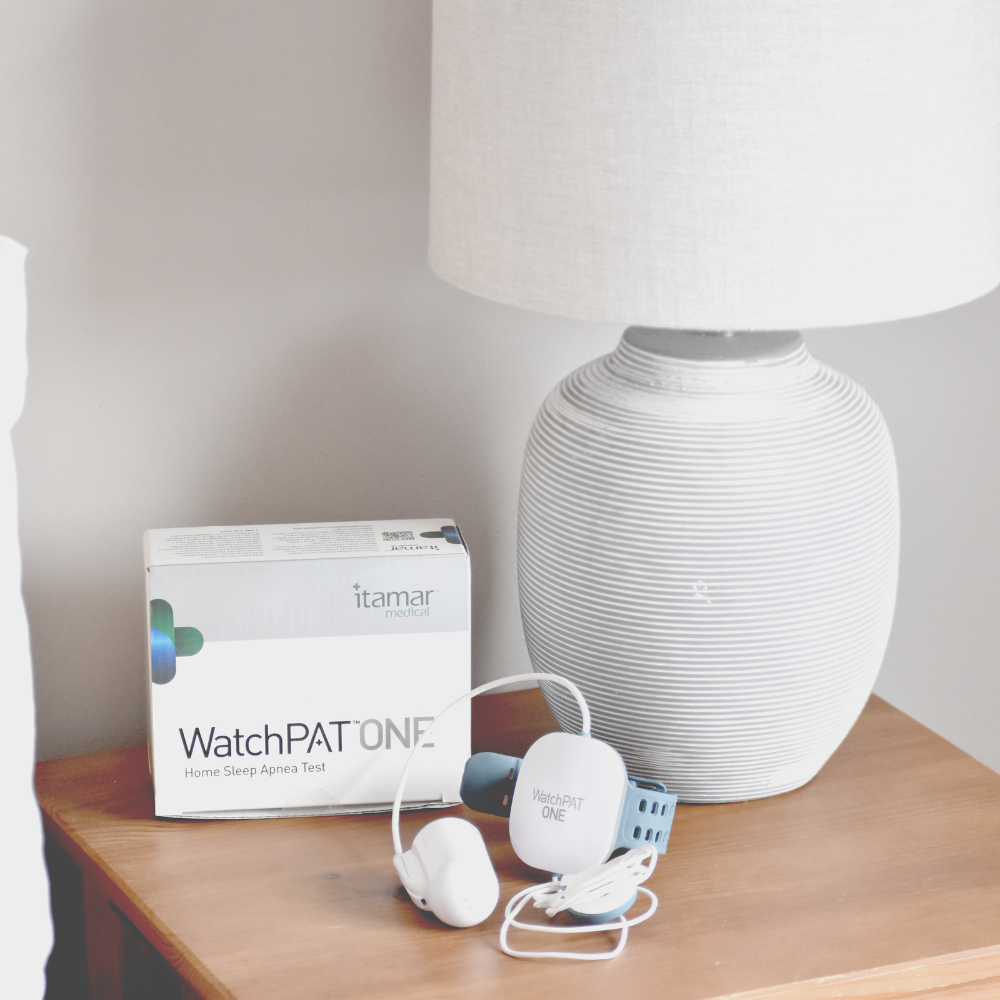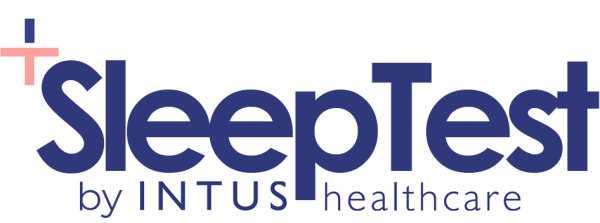Fact Checked
Intus Healthcare’s writers, customer service team, and sleep experts review and ensure this information is accurate.
Last updated on March 31st, 2025 at 11:20 am
The article will discuss the relevance of the Epworth Sleepiness Scale, what it is and how it works.
Table of Contents
Determining your Sleep Apnoea score
Obstructive Sleep Apnoea (OSA) is a serious sleep disorder if left undiagnosed, increases the risk of stroke, heart attack, type 2 diabetes and other comorbidities. Sleep Apnoea is when your airway narrows, resulting in interrupted sleep.
When you are diagnosed, there are treatments to manage the condition. Therefore, recognising the potential signs and obtaining a diagnosis is key.
What is the Epworth Sleepiness Scale?
The Epworth Sleepiness Scale is a questionnaire used to assess daytime sleepiness in individuals and assess their risk of Sleep Apnoea. It consists of 8 questions that ask about the likelihood of falling asleep in various situations, with scores ranging from 0 to 24. Scores of 10 or higher may indicate excessive daytime sleepiness and could be a sign of a sleep disorder. Sleep specialists and clinicians commonly use it to help diagnose and treat sleep-related problems.
When you take the questionnaire, score yourself on how likely you are to doze or fall asleep in these situations, with 0 being never and three being very likely. Add up the total; this is your Epworth Score.
0-10 – low risk. Your sleepiness levels are normal, but you may still have Sleep Apnoea if you have other symptoms, including excessive snoring, choking in sleep and morning headaches.
10-15 – Medium risk. Your sleepiness is above normal. You should consider a Sleep Apnoea test, particularly if you have other symptoms.
16+ – High risk. Your sleepiness levels are considerably higher than normal levels. You should take a sleep test as soon as possible.
If you think you could have OSA, we offer our own alternative to the Epworth Sleepiness Scale: Free online Sleep Apnoea risk test
In-Home Sleep Apnoea Test
If your score reflects that you are at high risk of Sleep Apnoea, you can take an In-Home Sleep Test, also called Overnight Oximetry or a Sleep Apnoea test.
It involves wearing a band around the chest or placing a clip on the finger while you sleep.

Home Sleep Apnoea Test
The test monitors your heart rate, snoring intensity, blood oxygen levels, body positioning, and more, providing accuracy comparable to testing used in sleep clinics for in-depth sleep analysis.
The simple-to-use test takes just one night to complete, and results are returned within two working days after completion.
Our experienced NHS-qualified sleep professionals independently analyse all studies, providing follow-up advice and support.
You will receive a detailed sleep report showing your AHI within your results.
An In-Home Sleep Test is an alternative option to the sleep clinic; many people find the wait too long.
What is Apnoea Hypopnoea Index (AHI)?
The main index for calculating the severity of a person’s Sleep Apnoea is the Apnoea Hypopnoea Index (AHI).
It is based on the number of events per hour recorded while you sleep. These events are when your airways become blocked, resulting in your awakening. The higher the number of events, the more severe your OSA.
AHI levels:
Mild – AHI reading of 5 to 14 events each hour
Moderate – AHI reading of 15 to 30 events each hour
Severe – AHI reading of over 30 events each hour
Apnoea Hypopnoea Index determines the treatment required for your OSA. It also helps to address some of the potential causes.
As OSA can lead to severe health problems, an accurate diagnosis is important in treating the disorder.
Sleep Apnea Lifestyle Changes
Using the Epworth Sleepiness Scale and progressing to a sleep study are important steps toward diagnosis and treatment for OSA. Which can help prevent serious health problems from developing from this sleep disorder. A doctor can now discuss the possible treatment options appropriate to your severity of OSA, as shown by your AHI calculations.
In most instances, you will be recommended to make some everyday lifestyle changes that may contribute to your Sleep Apnoea.
These changes may include the following:
- Losing weight
- Quitting smoking
- Reducing your alcohol consumption
- You may be advised regarding a healthier diet and also to exercise more frequently to help you sleep.
The position you sleep in can affect OSA, so your doctor may also recommend positional therapy. Some people will largely suffer from OSA when sleeping on their back; they can use a Positional Sleep Therapy trainer. The device vibrates to ensure the user does not sleep on their back – reducing OSA symptoms.
Sleep Apnoea Treatments
For mild to moderate OSA sufferers: It may be recommended they wear a device which helps to keep their airways free during the night.
This could be a Mandibular Advancement Device (MAD), a mouthguard appliance which pushes the lower jaw down as you sleep, opening the airway and allowing you to breathe freely at night.
More severe OSA sufferers: It may be recommended to try Continuous Positive Airways Pressure (CPAP) therapy. CPAP therapy involves wearing a CPAP mask attached via a CPAP tube to a Sleep Apnea machine (CPAP machine). The machine pumps a steady constant flow of pressurised air to prevent your airways from closing.
There are different types of CPAP masks, nasal and full-face. Depending on your comfort and breathing.
CPAP is the most effective treatment for severe Sleep Apnoea, but it can take up to a month to get used.
If you have any questions, contact us.
About Our Editorial Team
Danni is a degree-educated content writer passionate about helping those with Sleep Apnoea sleep better; she works closely with our clinical and customer care teams to ensure that each article is thoroughly researched and accurate.
Her writing aims to inform, support, and advise readers about Sleep Apnoea, helping to raise awareness and promote effective treatment options.
She has written many health-focused articles, reaching hundreds of readers annually, to help people sleep better and live healthier lives.
Lateisha King is an experienced Sleep Clinician with advanced training in polysomnography and respiratory health.
With over six years of experience, including at the prestigious Guy’s and St Thomas’ NHS Foundation Trust Hospital, she has conducted and reviewed more than 500 diagnostic sleep studies.
Her expertise in sleep science ensures that all articles align with the latest data and treatment protocols, providing readers with trustworthy and practical advice to improve their sleep health and overall well-being.
Published: August 13, 2019





